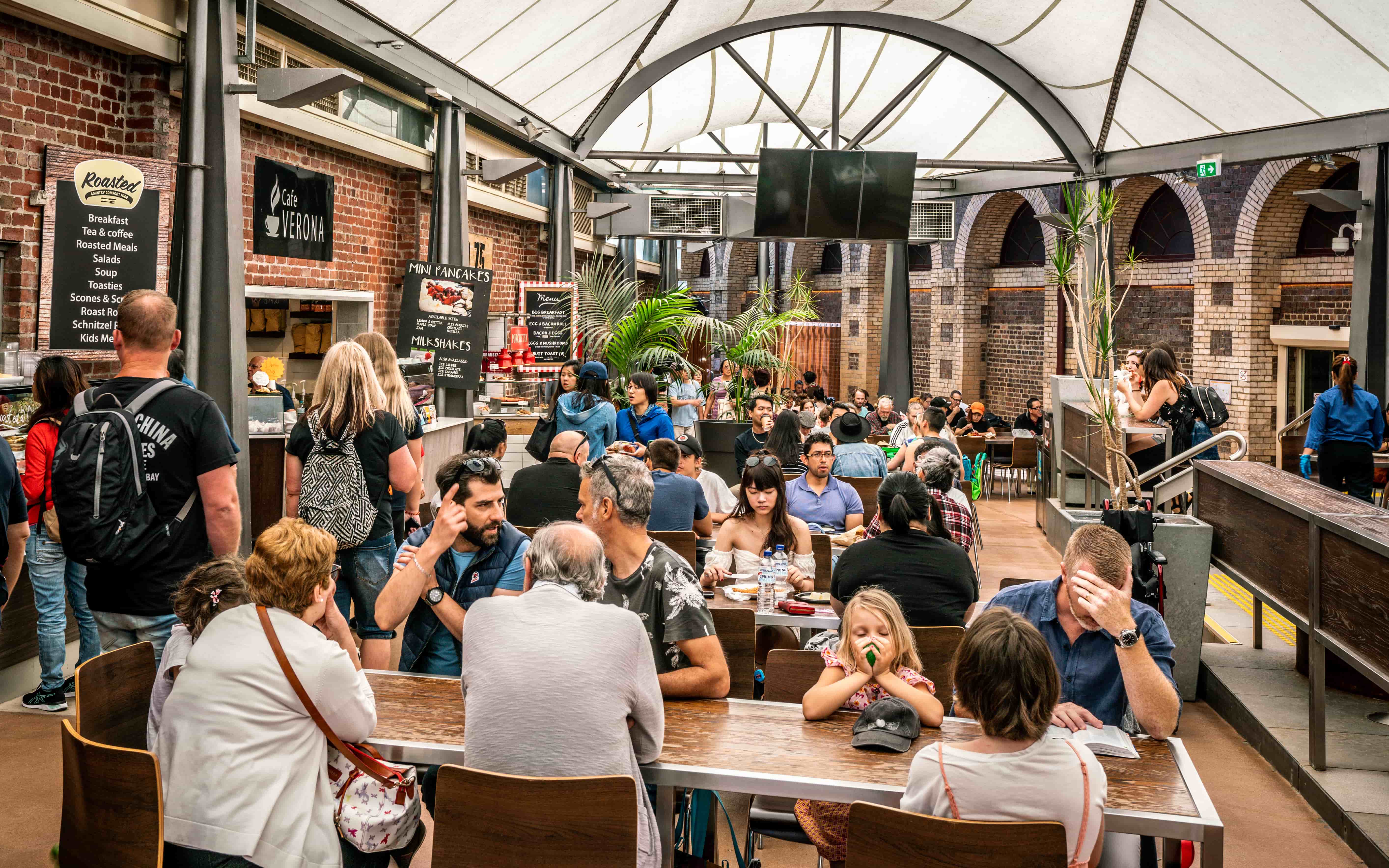Resonance is an acoustic phenomenon that can have a significant effect on the sound environment in restaurants. If left unchecked, resonance can make conversations difficult and detract from the overall experience of customers and staff. In this article, we will look at four negative effects of resonance in restaurants and how they can affect the ambience and usability of the place.
1) Difficulty hearing
Resonance is one of the factors that can cause difficulties in hearing and understanding when people talk to each other. The reverberation of sound can distort direct sounds, making it more difficult to follow the conversation. Customers may feel compelled to raise their voices to be heard and thus cause a higher reverberation rate. This can be detrimental to the conviviality and understanding in the restaurant.
2) Lombard effect
The Lombard effect is the phenomenon of speakers raising their voices to compensate for the noise around them in order to be heard and understood. This is a problematic effect in a restaurant, because once several people raise their voices, other people usually do the same.
3) Hearing fatigue
Hearing fatigue is said to occur when noise levels are too high or if the reverberation is too great. Acoustic discomfort would therefore make the overall experience less pleasant and stressful. This may cause customers to associate the experience with negative emotions and be less likely to return to the establishment or recommend the place to others.
4) Poor sound quality of background music
In restaurants, background music is often used to create a pleasant environment. However, the sound quality of the music could be poor in the case of sound reverberation and thus cause an adverse effect on the overall experience.
______
In conclusion, resonance can have a negative impact on ambient noise in restaurants. Fortunately, there are acoustic solutions to mitigate its adverse effects. Restaurant owners can invest in sound-absorbing frames, hanging panels, sound-absorbing partitions, as well as decorative elements such as carpets, curtains and cushions to improve acoustics.
Dabso is one such acoustic solution. Dabso acoustic frames can help reduce excessive reverberations of noise thanks to its frame that can be placed on walls and ceilings, allowing customers the freedom to speak without having to raise their voices.
By creating a pleasant sound environment, restaurants can improve the customer experience and encourage positive reviews and recommendations.
Resonance control is one of the key elements for the success of restaurants.
